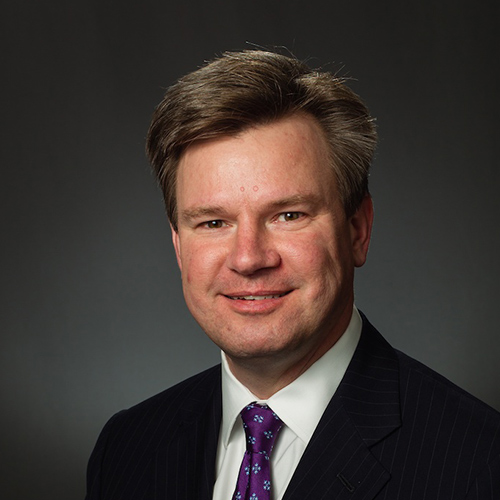
Every year, state legislatures across the country consider new bills. In the Maryland General Assembly, a committee is looking at amending the state’s Insurance Code. That may not sound like an exciting topic, but the proposed changes could have wide-reaching consequences.
House Bill 1283, which addresses discrimination in health insurance and the provision of health care, would add “sexual orientation” and “gender identity” to the Insurance Code.
Here’s the code as currently written:
A health network may not deny health care services to an enrollee on the basis of gender, race, age, religion, national origin, or a protected category under the Americans with Disabilities Act.
While the prevention of discrimination in health care is a laudable goal, the addition of “gender identity” to the statute is worrisome.
To “deny service” on the basis of “gender identity” almost certainly would be construed to compel health-care networks and individual providers to perform medical interventions that violate their consciences and their right to free exercise of religion.
There is precedent for such misinterpretation. Similar wording in Section 1557 of the Affordable Care Act (ACA), for example, has been misinterpreted to require health-care providers to perform medically and ethically controversial interventions on patients experiencing gender dysphoria.
More specifically, some have argued that laws such as the ACA require the administration of puberty blockers on minors, the provision of cross-sex hormones to teenagers, and the performance of irreversible and sometimes sterilizing surgeries. Many health care providers object on religious and conscience grounds to participating in such interventions. And available evidence indicates that these interventions do more harm than good.
At Alliance Defending Freedom, we’ve seen how ideologically driven interpretations of anti-discrimination law can trample religious freedom and conscience rights.
Shortly after President Joe Biden took office, he issued an executive order instructing his administration to reinterpret “sex” in federal law. While President Barack Obama’s administration had already required the provision of so-called ‘gender-affirming care,’ President Biden’s reinterpretation also affected the ACA, creating a scenario in which doctors and other health-care professionals could be forced to act against their medical judgment, religious beliefs, and conscience by performing so-called “gender transition” procedures on patients—including children.
The government can’t force doctors to perform dangerous procedures that go against their deeply held beliefs, especially when they involve children. That’s why ADF has challenged the Biden administration’s misinterpretation in court on behalf of a pair of organizations of medical professionals—the American College of Pediatricians and the Catholic Medical Association. In a similar case, we’re representing the Christian Employers Alliance to challenge two Biden administration mandates that force religious employers to pay for or perform such procedures.
But the issue of redefining “sex” in health care has not been limited to the federal government.
Michigan recently amended its state civil rights law to include sexual orientation and gender identity—with massive implications for health-care providers, which could now be forced to prescribe cross-sex hormones to facilitate so-called “gender transition” efforts.
Christian Healthcare Centers, a faith-based medical nonprofit, realized that its ability to serve the community consistent with its beliefs would be threatened. ADF is representing Christian Healthcare to protect the ministry’s right to operate according to its beliefs.
No ministry should have to choose between helping the hurting and following its faith, and no health-care professional should ever be forced to violate their conscience or religious beliefs.
Bills like the one proposed in the Maryland legislature, while perhaps well-intentioned, pose significant problems. The General Assembly should protect the rights of the state’s citizens by adding a robust conscience exemption or clarifying that the bill does not require the performance of any particular medical services. Without further qualifications, the proposed legislation is open to misinterpretation—to the peril of Maryland’s health-care professionals.






